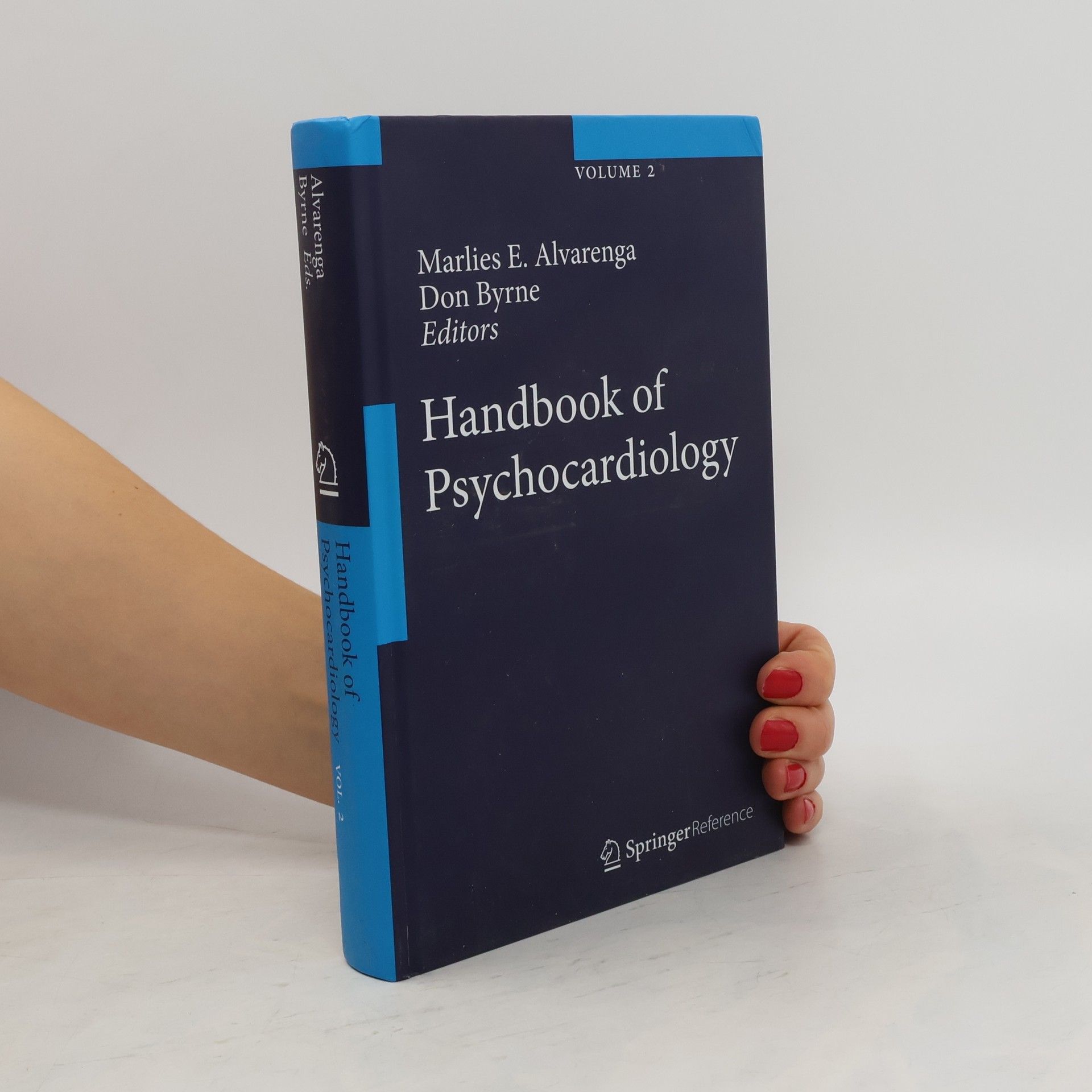"This is a call to arms. Ed Byrne and Charles Clarke demand universities understand themselves and their potential influence for good. In difficult times, higher education can help society manage change, grasp alternatives, develop skills and promote knowledge. Should they fail ..." - Professor Glyn Davis AC, Chief Executive Officer, Distinguished Professor of Political Science Crawford School of Public Policy, ANU More than ever, we need our universities to be engines of change and social justice. Universities can play a major role in making this complex and changing world a better place, helping economies and societies to adapt and respond to the grand challenges we face, from tackling climate change to harnessing artificial intelligence. This is their mission and their challenge. If universities are to remain true to their higher purpose, they must also find a higher gear. Ed Byrne and Charles Clarke show how transforming universities can change the world.
Don Byrne Livres



This handbook brings together the full weight of contemporary evidence bearing on what is now commonly termed -psycho-cardiology-. It focuses on the role of psycho-social factors in the genesis and clinical management of cardiovascular disease (CVD). The book constitutes a critically reviewed compendium of current knowledge in the area, coupled with guides to evidence-based best practice in the field of psycho-cardiology. The following categories are covered: Social/demographic risk for CVD, Personality and CVD risk, Stress and CVD risk, Psychopathology (particularly affective disorders) and CVD risk, The psychological management of those with clinical CVD, Psychology in the prevention of CVD. The book integrates the evidence into a compelling argument that clinicians, researchers and those in public health will discount the role of psychological factors in regard to CVD at their own peril. And importantly for clinicians charged with the care of patients with CVD, the book poses the argument that failure to recognize the links between psychological factors and CVD may well be at the considerable peril of those patients under their care.
Lyric condensations and translations composed during plague time The poems in Tracery enact a lyric condensation. Many of them were written in transit: on the bus, on a bicycle, on foot, in the endless to and fro of work life. Their lyric brevity allowed composition directly in the brain, or quick jottings in a pocket notebook, primarily governed by the music of reason - "the ear's judgement" (Joachim du Bellay), the "natural music" of poetry (Eustache Deschamps), "music at the heart of thinking" (Fred Wah). A major feature of this work is its incorporation and reworking - a translation - of other works of western literature and philosophy across the span of its brief, localized history. These are poems that barge into the arena of classic and modernist literary works with little regard for what is generally regarded as genius, with contempt for the ever-present misogyny and gender segregation of our collective past, with an ever-present critique, but also with a constantly renewable sense of wonder and humility. Written in a time of plagues, through dreams and daily life, these are poems to be enjoyed by anyone who observes events occurring in time, and then wonders at them.